From carrying out research across the world, to disseminating educational courses, launching a 24x7 helpline in 70 languages, providing an athlete mental health toolkit, and early identification resources, the IOC has led the way.
There is no health without mental health. Yet, for years this aspect of health has been pushed to the sidelines – in the world of sport and other avenues of life as well. In including mental wellness as part of the contingent, the Indian Olympic Association has recognized that mental health matters. In considering it as a part of the medical team in particular, it has conveyed that mental health and well-being is just as important as physical health and well-being. Such a decision not only will positively impact the upcoming Paris 2024 games, but also go a long way in shaping the future and paving the way for mental health support reaching the grassroots.
These efforts are in line with the recent emphasis of the International Olympic Commission which has championed the cause of athlete mental health. From carrying out research across the world, to disseminating educational courses, launching a 24x7 helpline in 70 languages, providing an athlete mental health toolkit, early identification resources, the IOC has led the way. In fact, this is the first time that the Paris Olympic Village will have a dedicated MindZone.
Mental health is integral to well-being and integral to success. When we speak of mental health we’re not just talking about the absence of an illness. A complete understanding of mental health goes much beyond. According to the World Health Organization, mental health also means our ability to deal with the pressures of daily life, learn well and work well, contribute to the community and to be able to realize our potential. Each of these elements have a direct impact on sport and an athlete’s ability to perform at their peak.
We all experience challenges; all go through our ups and downs. A few of these though are unique, or let’s say, more pronounced in the world of sport. Athletes are confronted with winning and losing every day. They spend a lot of time away from families, whether in training or competition. There are a lot of pressures and expectations to perform, under a lot of public scrutiny. The short span of play, stressors of selections, the impact of injuries and career transitions all also play a role. In high pressure situations, where the difference is often less than a couple of seconds, being able to make those few moments count.
The need of the hour is for athletes to train themselves to deal with the pressure that comes with big sporting events. Building confidence, motivation, resilience, self-control and focus are some of the key elements of mental strength. Using strategies like visualization, muscle relaxation, self- talk, goal setting, focus training, self-regulation and mindfulness in a scientific, evidence manner, and making it a part of training through the years is the way forward. At the same time, going beyond performance and providing athletes with the right mindset and the right kind of support system to deal with the emotional challenges that come their way matters too.
To move forward as a sporting nation, mental well-being needs to be incorporated as a core element of training. And this is must go beyond one-off instances of elite athletes taking the support of a sport psychologist. What it requires is a shift in mindset about mental health, which is reflected at the level of policy and decision making by leading sports bodies in the country. Mental skills training must be encouraged and included as part of sport training from a young age, so our athletes feel confident, have the right mindset and a positive attitude to deal with the pressures of competing. At the same time, promoting mental health literacy and imparting the right life skills to young athletes can also have a lasting impact. Most of all, we need a policy where the psychological safety of athletes is prioritized, so they can flourish and reach their true potential. These changes need to take place at all levels of sport – from grassroots academies to the elite, high performance training centres. To this end, Paris 2024 is the first, crucial step.
*Dr. Samir Parikh (psychiatrist) is the Chief Mental Wellness Expert and Divya Jain (Sport Psychologist) is the Mental Wellness Expert with the Paris 2024 Medical Team appointed by the Indian Olympic Association.
![submenu-img]() 'What was that?': Aparshakti Khurana got angry phone call from Amar Kaushik for 'PR game' remark on Stree 2 credit war
'What was that?': Aparshakti Khurana got angry phone call from Amar Kaushik for 'PR game' remark on Stree 2 credit war![submenu-img]() Afghanistan vs New Zealand, One-off Test: Date, time, venue, live streaming, tickets - All you need to know
Afghanistan vs New Zealand, One-off Test: Date, time, venue, live streaming, tickets - All you need to know![submenu-img]() This college turned down Gautam Adani’s application, after 46 years called to honour him
This college turned down Gautam Adani’s application, after 46 years called to honour him![submenu-img]() Is Flipkart Minutes the new Santa? Bengaluru man gets free PS5 with TV order
Is Flipkart Minutes the new Santa? Bengaluru man gets free PS5 with TV order![submenu-img]() Deepika Padukone, Ranveer Singh visit Mumbai hospital with families; spark speculations about baby's birth
Deepika Padukone, Ranveer Singh visit Mumbai hospital with families; spark speculations about baby's birth![submenu-img]() Haryana Elections 2024: बजरंग पूनिया का बृजभूषण सिंह को चैलेंज, 'हिम्मत है तो विनेश के...'
Haryana Elections 2024: बजरंग पूनिया का बृजभूषण सिंह को चैलेंज, 'हिम्मत है तो विनेश के...' ![submenu-img]() Kolkata Rape Case: रेप और हत्या करने के बाद क्या कर रहा था आरोपी संजय रॉय, पॉलीग्राफ टेस्ट में उगला सच
Kolkata Rape Case: रेप और हत्या करने के बाद क्या कर रहा था आरोपी संजय रॉय, पॉलीग्राफ टेस्ट में उगला सच ![submenu-img]() ENG vs SL: इंग्लैंड का तेज गेंदबाज अचानक बन गया स्पिनर, देखें वायरल VIDEO
ENG vs SL: इंग्लैंड का तेज गेंदबाज अचानक बन गया स्पिनर, देखें वायरल VIDEO![submenu-img]() Telangana Floods: तेलंगाना में बारिश और बाढ़ के कहर में 29 की मौत, अगले दो दिन भी राहत के आसार नहीं
Telangana Floods: तेलंगाना में बारिश और बाढ़ के कहर में 29 की मौत, अगले दो दिन भी राहत के आसार नहीं ![submenu-img]() 'बॉस को लगता है कि मैं चोर हूं...' 19 साल से एक ही शोरूम में काम कर रहे सेल्समैन ने क्यों दी जहर खाकर जान
'बॉस को लगता है कि मैं चोर हूं...' 19 साल से एक ही शोरूम में काम कर रहे सेल्समैन ने क्यों दी जहर खाकर जान![submenu-img]() Skoda-Auto Volkswagen India to invest Rs 15000 crore to set up EV plant in…
Skoda-Auto Volkswagen India to invest Rs 15000 crore to set up EV plant in…![submenu-img]() Hyundai Venue E+ with electric sunroof launched in India; price starts at Rs…
Hyundai Venue E+ with electric sunroof launched in India; price starts at Rs…![submenu-img]() DNA Auto Awards 2024: Maruti Suzuki Swift nominated for ‘CAR OF THE YEAR’; check price, features
DNA Auto Awards 2024: Maruti Suzuki Swift nominated for ‘CAR OF THE YEAR’; check price, features![submenu-img]() DNA Auto Awards 2024: Hyundai Alcazar Facelift nominated for ‘CAR OF THE YEAR’; check details
DNA Auto Awards 2024: Hyundai Alcazar Facelift nominated for ‘CAR OF THE YEAR’; check details![submenu-img]() Hyundai Creta Knight Edition launched in India: Check price, features, design
Hyundai Creta Knight Edition launched in India: Check price, features, design![submenu-img]() Meet IIT topper who left corporate job to become IAS officer, failed four times in UPSC exam, he is...
Meet IIT topper who left corporate job to become IAS officer, failed four times in UPSC exam, he is...![submenu-img]() BIG UPDATE! UGC NET answer key 2024 to be released soon at...
BIG UPDATE! UGC NET answer key 2024 to be released soon at...![submenu-img]() Meet woman, mill worker’s daughter who lost mother during UPSC preparations, still cracked it with AIR 14, she is now...
Meet woman, mill worker’s daughter who lost mother during UPSC preparations, still cracked it with AIR 14, she is now...![submenu-img]() Meet man, 54-year-old engineer who left his high-paying job to crack NEET exam but there's a twist
Meet man, 54-year-old engineer who left his high-paying job to crack NEET exam but there's a twist![submenu-img]() Meet IIT-JEE topper with AIR 1, who quit IIT Bombay after a year due to...
Meet IIT-JEE topper with AIR 1, who quit IIT Bombay after a year due to...![submenu-img]() Mumbai: Fire Breaks Out At Times Tower In Mumbai, 9 Fire Units Deployed
Mumbai: Fire Breaks Out At Times Tower In Mumbai, 9 Fire Units Deployed![submenu-img]() 'Dharavi Project Is About Restoring Dignity...', Says Gautam Adani | Dharavi Redevelopment Project
'Dharavi Project Is About Restoring Dignity...', Says Gautam Adani | Dharavi Redevelopment Project![submenu-img]() Kolkata Doctor Case: CBI Visits RG Kar, Seizes Documents On Funds Used During Sandip Ghosh’s Tenure
Kolkata Doctor Case: CBI Visits RG Kar, Seizes Documents On Funds Used During Sandip Ghosh’s Tenure![submenu-img]() Giriraj Singh Attacked: Union Minister Giriraj Singh Assaulted In Begusarai, Bihar; Accused Arrested
Giriraj Singh Attacked: Union Minister Giriraj Singh Assaulted In Begusarai, Bihar; Accused Arrested![submenu-img]() Haryana Assembly Election 2024: Haryana Assembly Election Date Changed, Check Details Here
Haryana Assembly Election 2024: Haryana Assembly Election Date Changed, Check Details Here![submenu-img]() This college turned down Gautam Adani’s application, after 46 years called to honour him
This college turned down Gautam Adani’s application, after 46 years called to honour him![submenu-img]() Business heartthrob Vaibhav Maloo pursues his childhood dreams in the digital world by launching InfoProfile
Business heartthrob Vaibhav Maloo pursues his childhood dreams in the digital world by launching InfoProfile ![submenu-img]() Skoda-Auto Volkswagen India to invest Rs 15000 crore to set up EV plant in…
Skoda-Auto Volkswagen India to invest Rs 15000 crore to set up EV plant in…![submenu-img]() This Mukesh Ambani Reliance share plummets 30% in weeks, investors caught in lower circuit trap
This Mukesh Ambani Reliance share plummets 30% in weeks, investors caught in lower circuit trap![submenu-img]() Hyundai Venue E+ with electric sunroof launched in India; price starts at Rs…
Hyundai Venue E+ with electric sunroof launched in India; price starts at Rs…![submenu-img]() Meet Yesha Sagar, Indian-Canadian model and actress making waves as cricket presenter
Meet Yesha Sagar, Indian-Canadian model and actress making waves as cricket presenter![submenu-img]() Meet actress who never got lead roles, still turned superstar, one rumour ruined her career, became second wife of...
Meet actress who never got lead roles, still turned superstar, one rumour ruined her career, became second wife of...![submenu-img]() Sundar Pichai to Mark Zuckerberg: 10 tech leaders from Time's 2024 AI 100 list
Sundar Pichai to Mark Zuckerberg: 10 tech leaders from Time's 2024 AI 100 list![submenu-img]() Meet actress worth Rs 10000 cr, among youngest billionaires ever, once had no money for gas, now richer than SRK, Salman
Meet actress worth Rs 10000 cr, among youngest billionaires ever, once had no money for gas, now richer than SRK, Salman![submenu-img]() Top six signs of high cholesterol on face that you must not ignore
Top six signs of high cholesterol on face that you must not ignore ![submenu-img]() Is Flipkart Minutes the new Santa? Bengaluru man gets free PS5 with TV order
Is Flipkart Minutes the new Santa? Bengaluru man gets free PS5 with TV order![submenu-img]() CM Himanta Biswa Sarma sets this condition for new Aadhaar card applicants in Assam
CM Himanta Biswa Sarma sets this condition for new Aadhaar card applicants in Assam![submenu-img]() Government discharges Ex-IAS Trainee Puja Khedkar over examination fraud with immediate effect
Government discharges Ex-IAS Trainee Puja Khedkar over examination fraud with immediate effect ![submenu-img]() Kolkata doctor rape-murder case: DNA report suggests Sanjay Roy lone accused, CBI to file chargesheet
Kolkata doctor rape-murder case: DNA report suggests Sanjay Roy lone accused, CBI to file chargesheet![submenu-img]() This city is all set to get India's fastest metro train service; check route, timeline, distance, top speed and more
This city is all set to get India's fastest metro train service; check route, timeline, distance, top speed and more
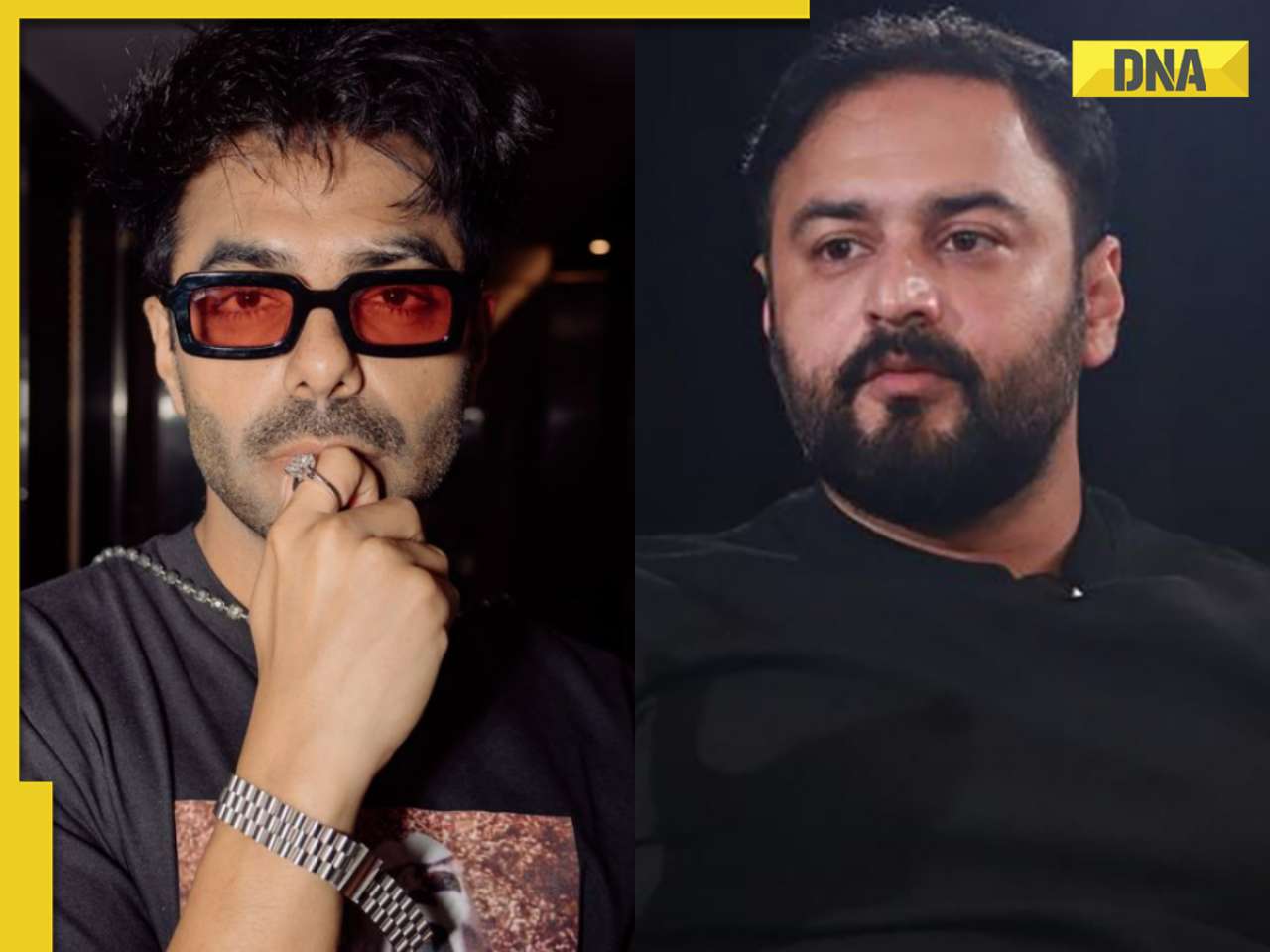
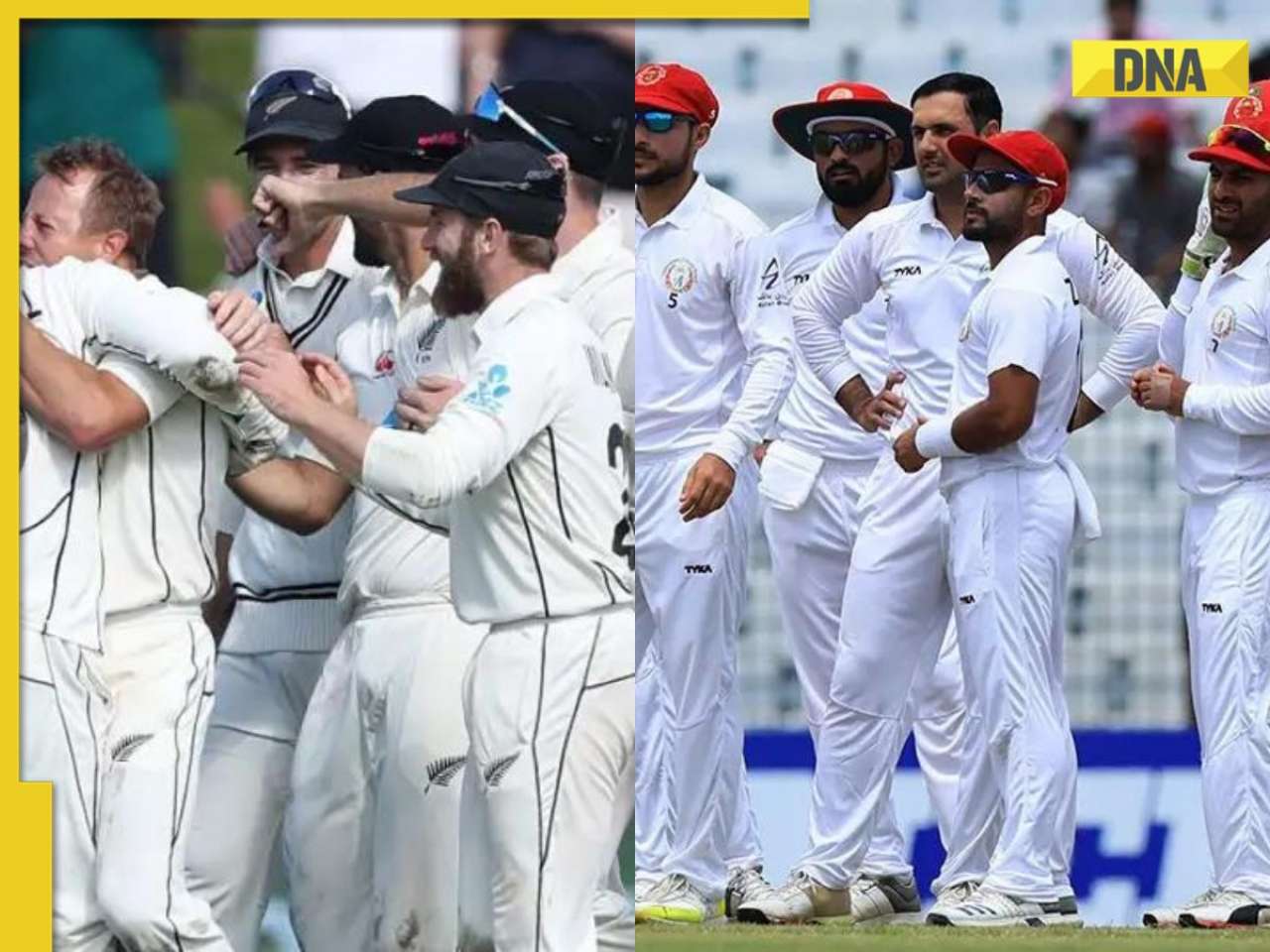
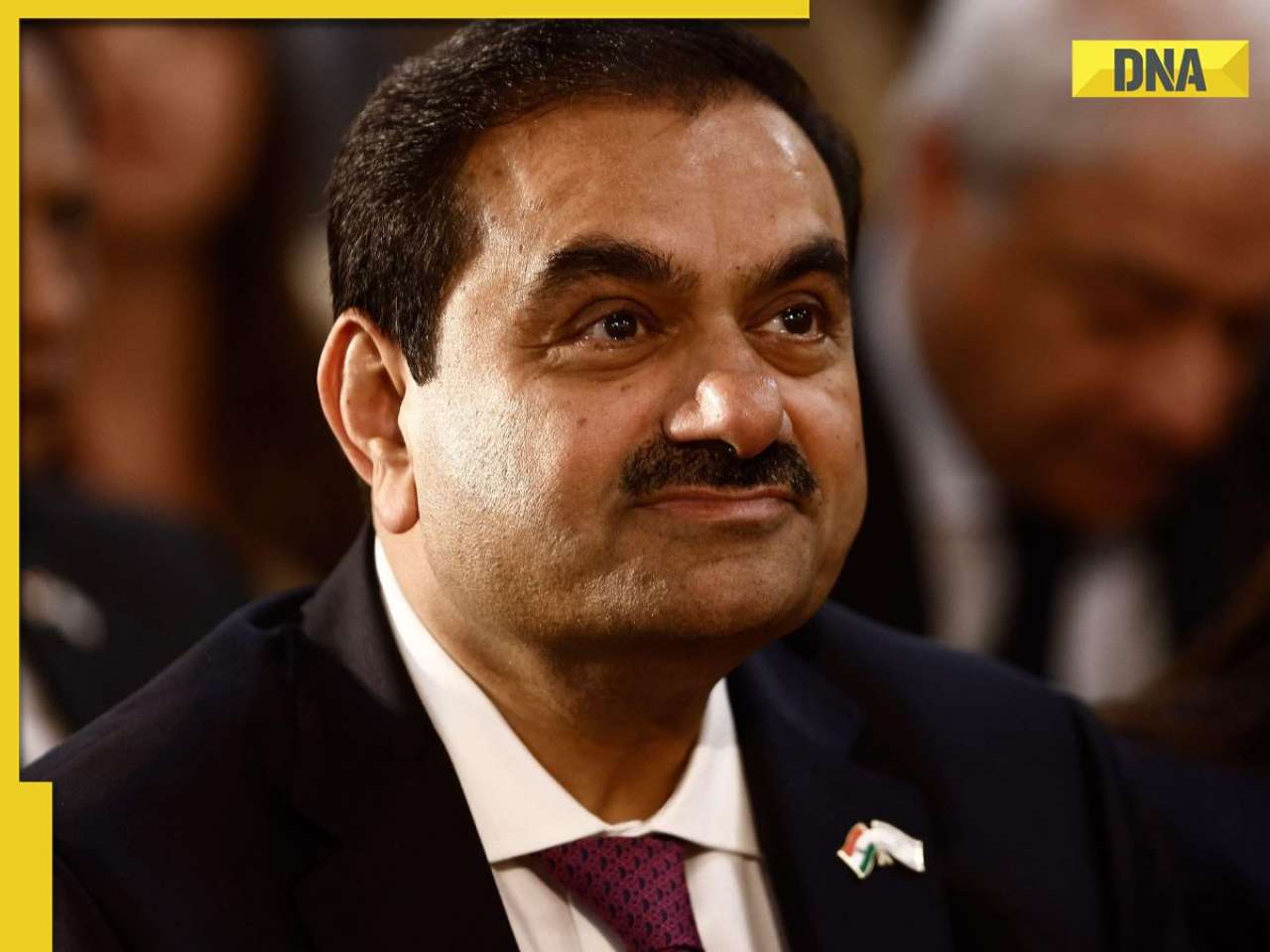

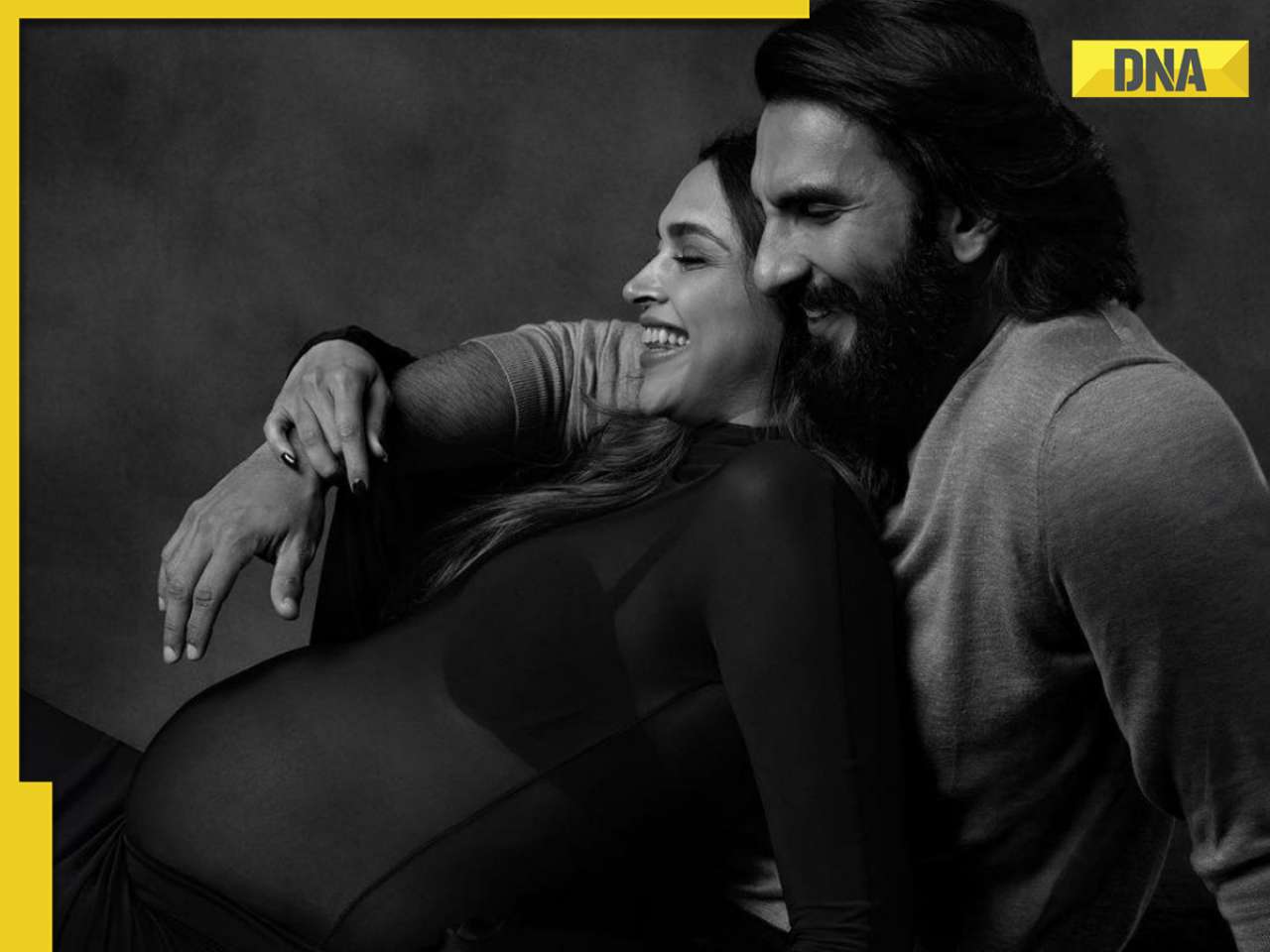





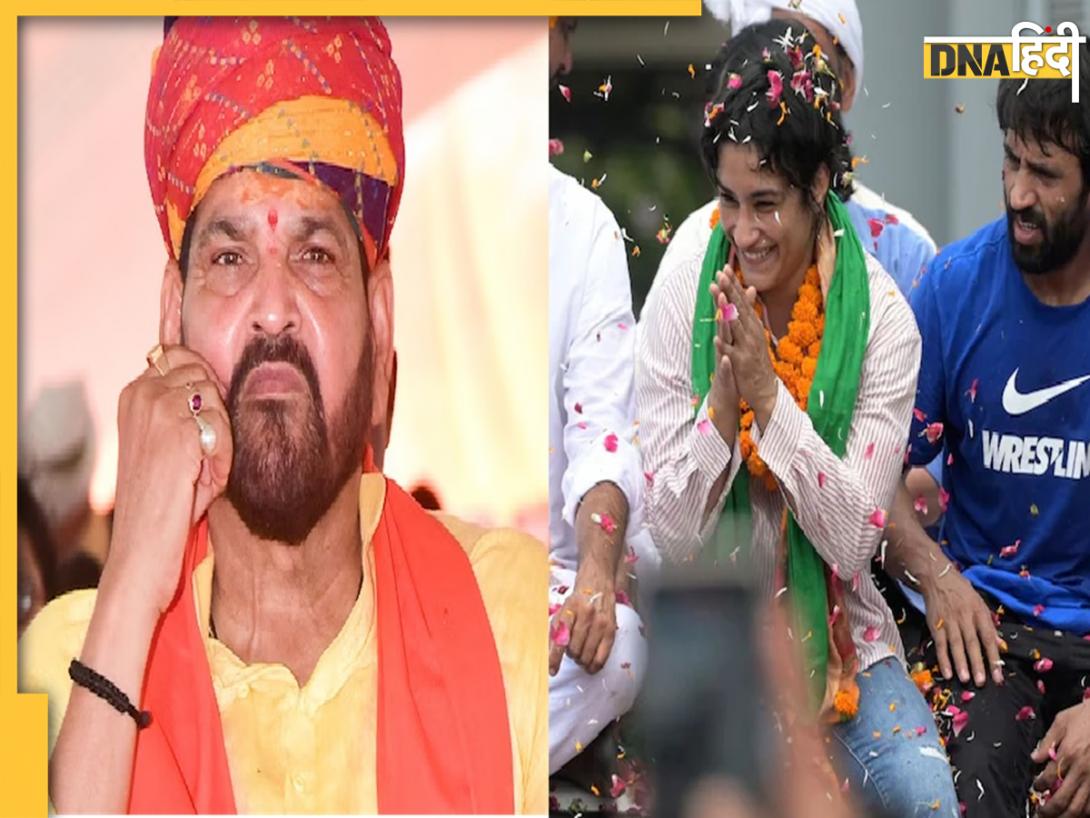
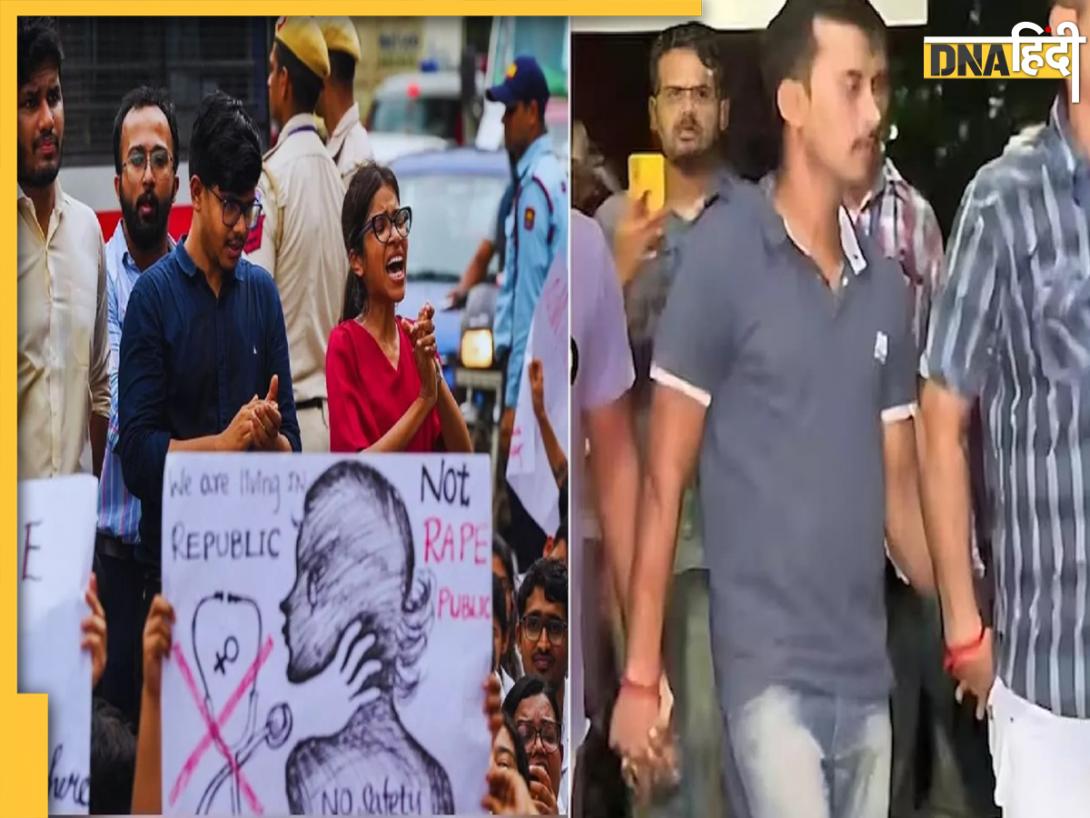
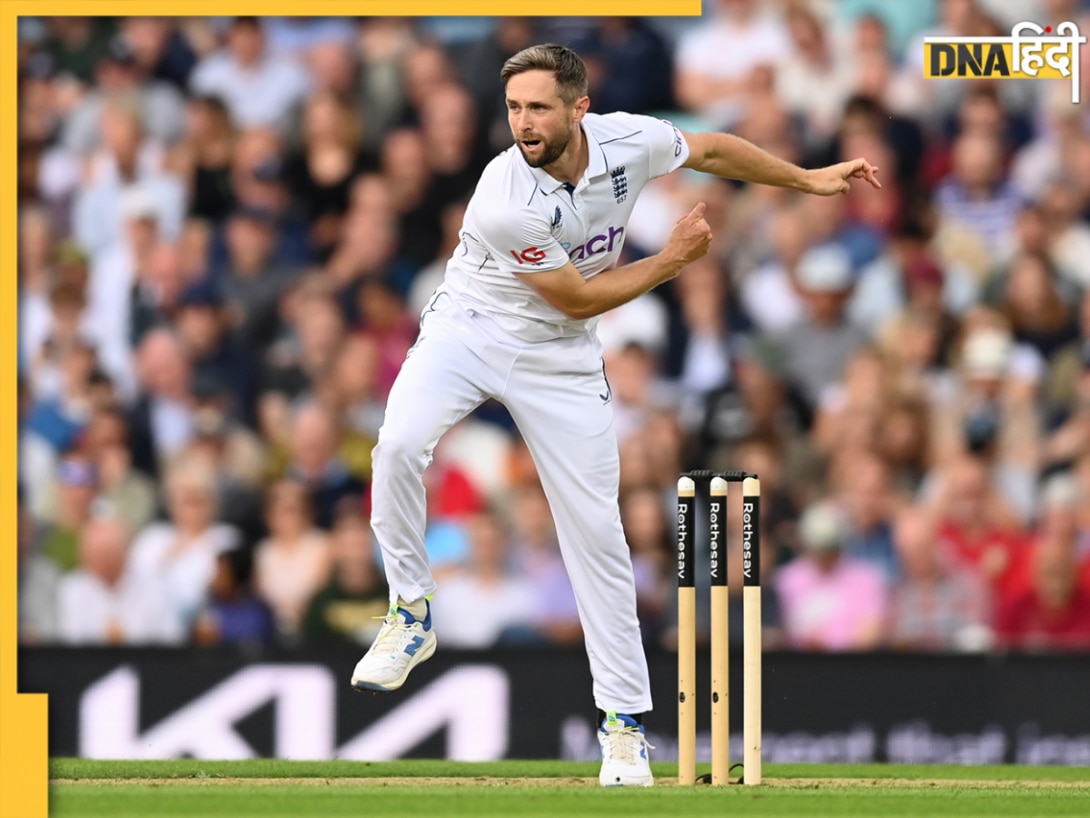







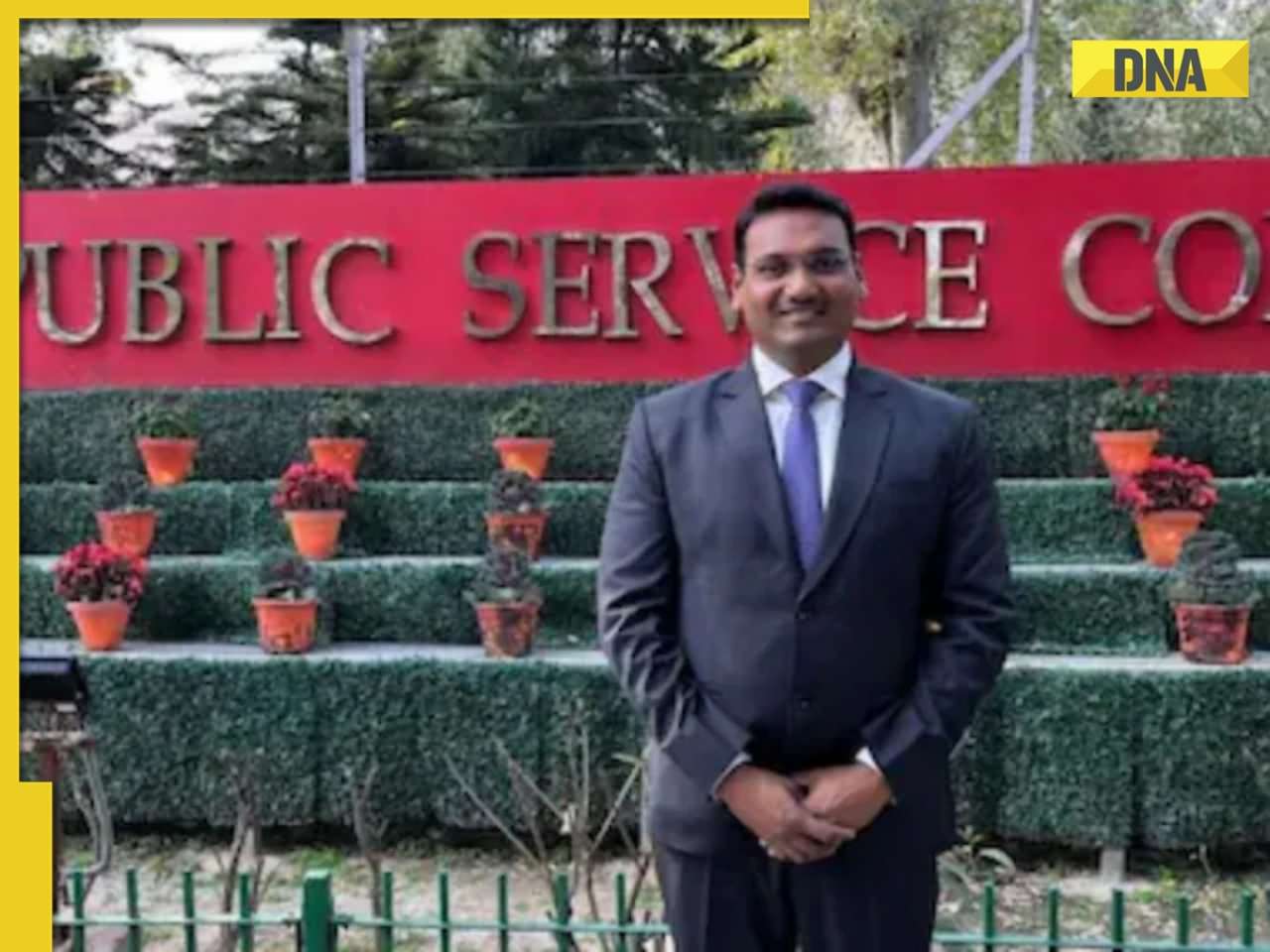



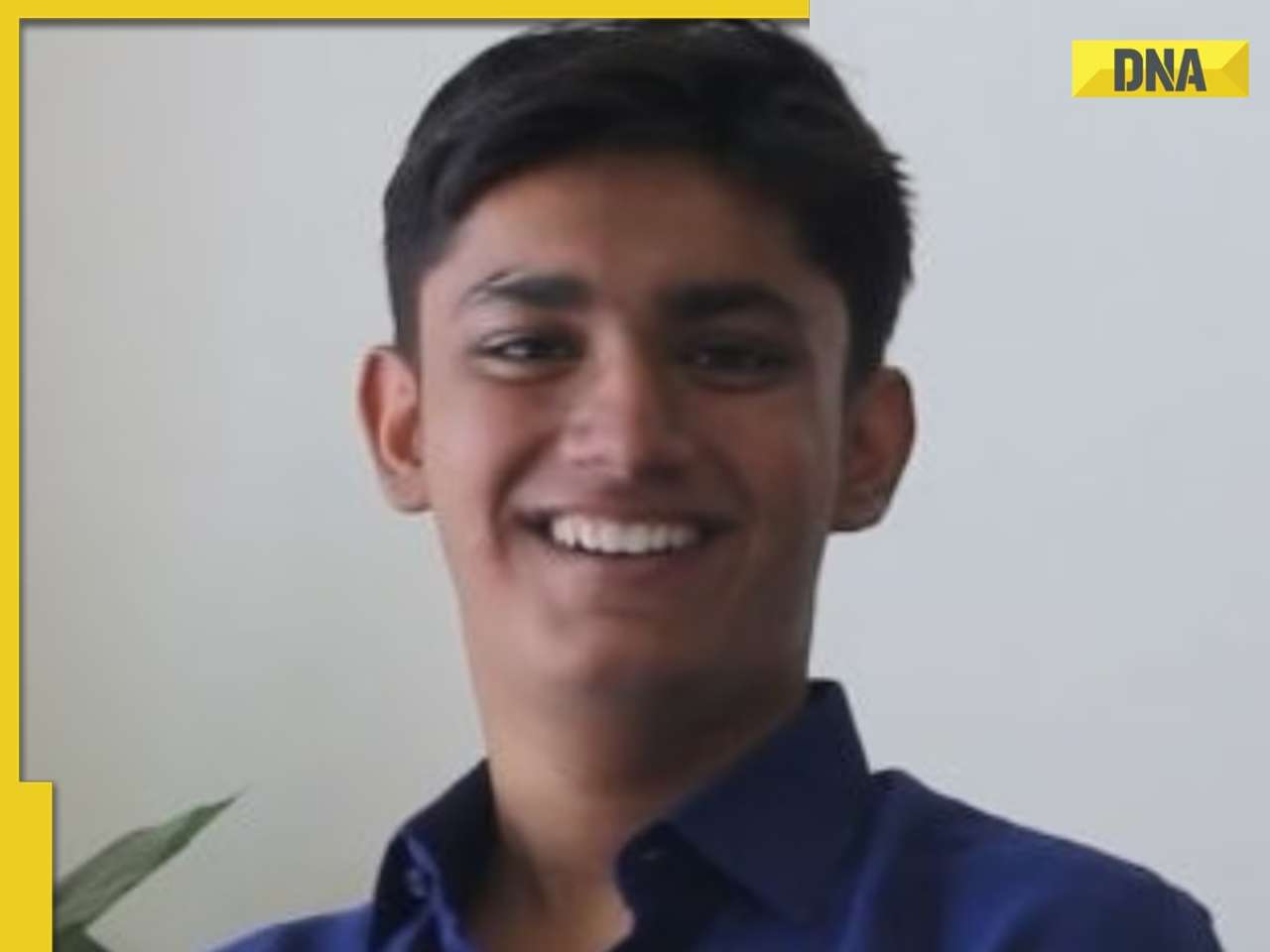

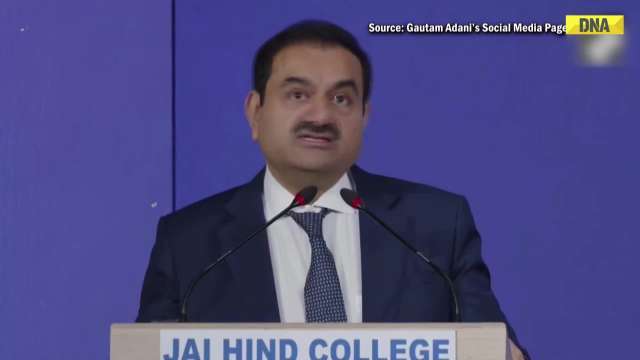



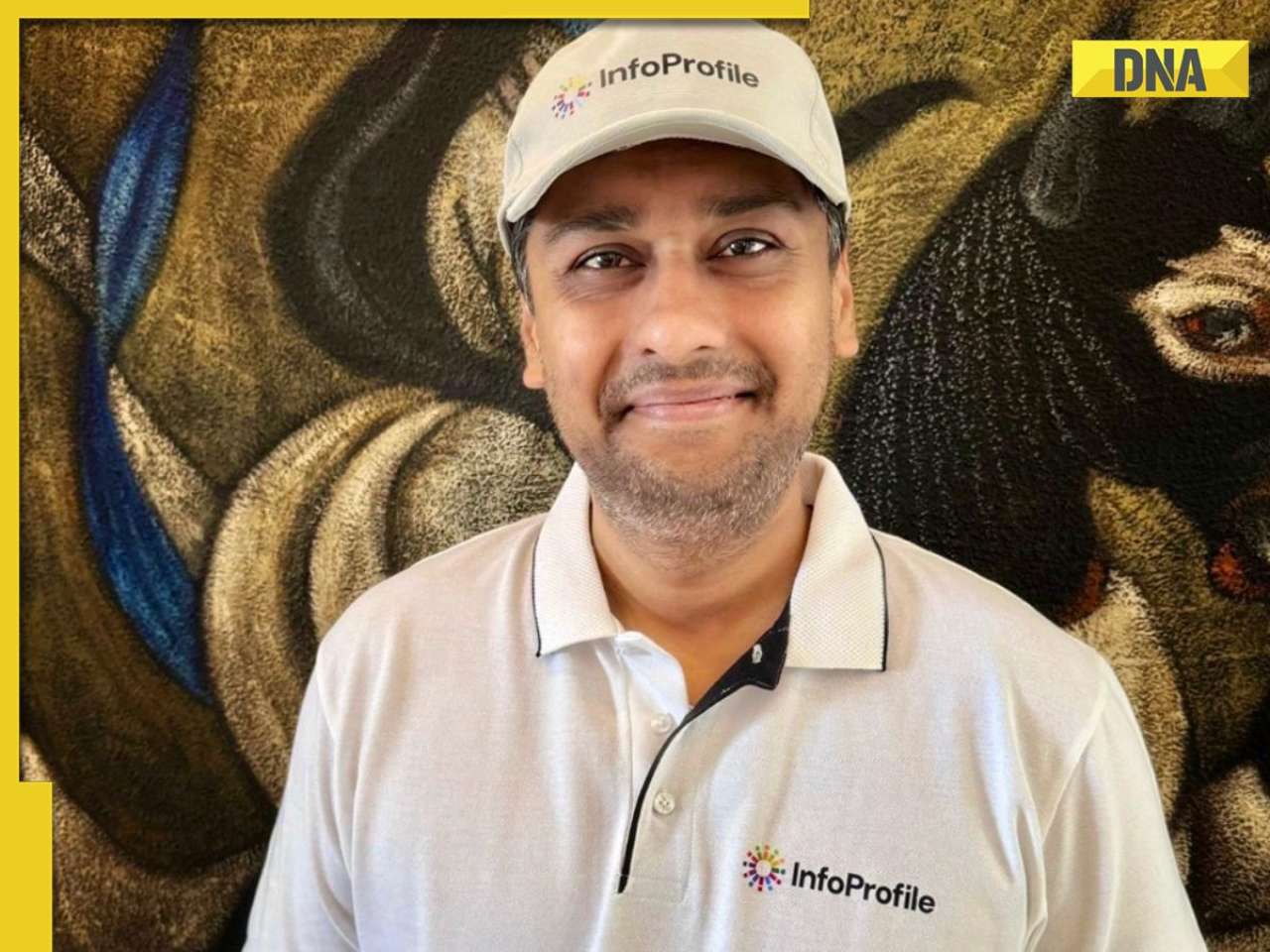
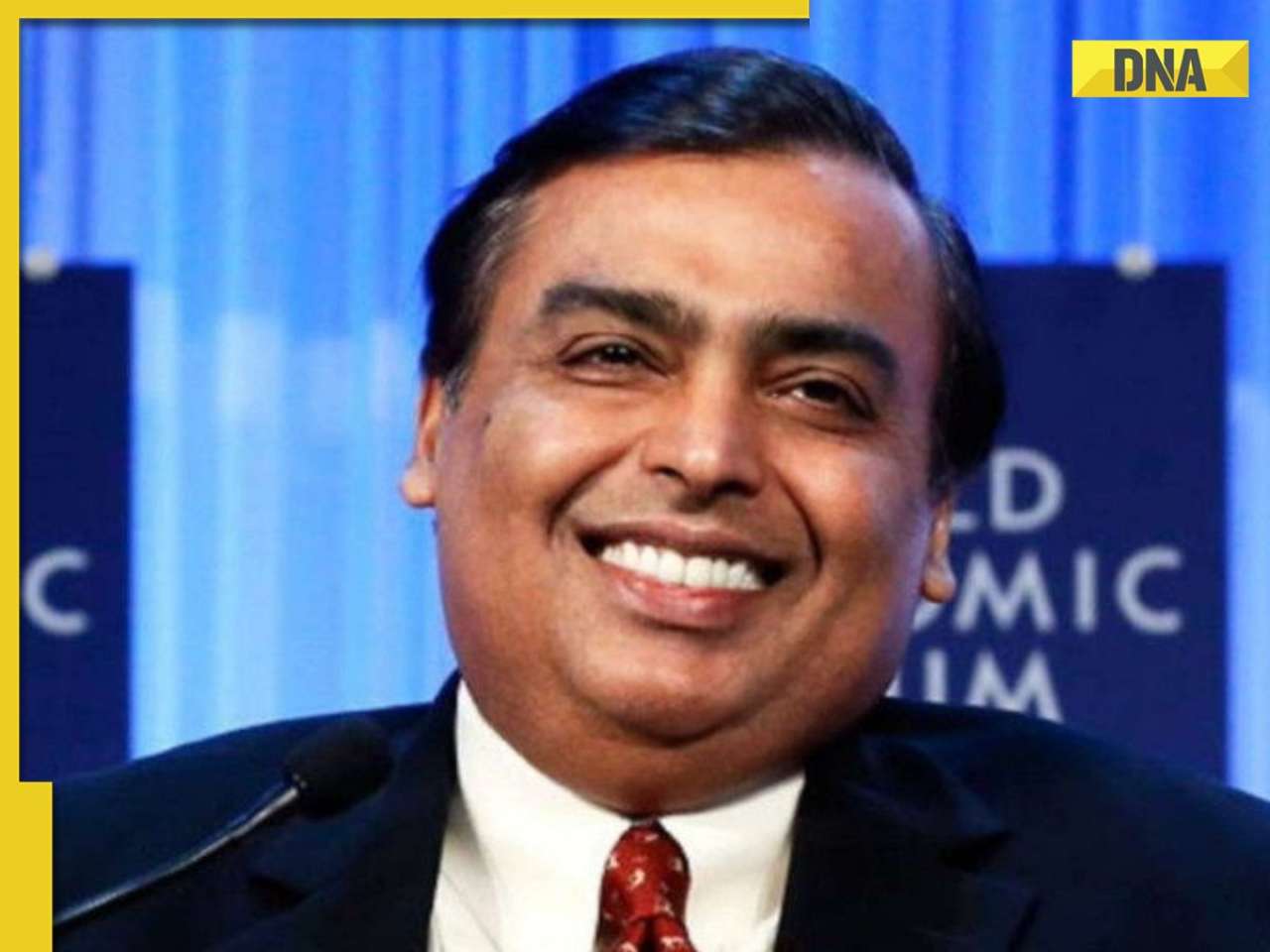





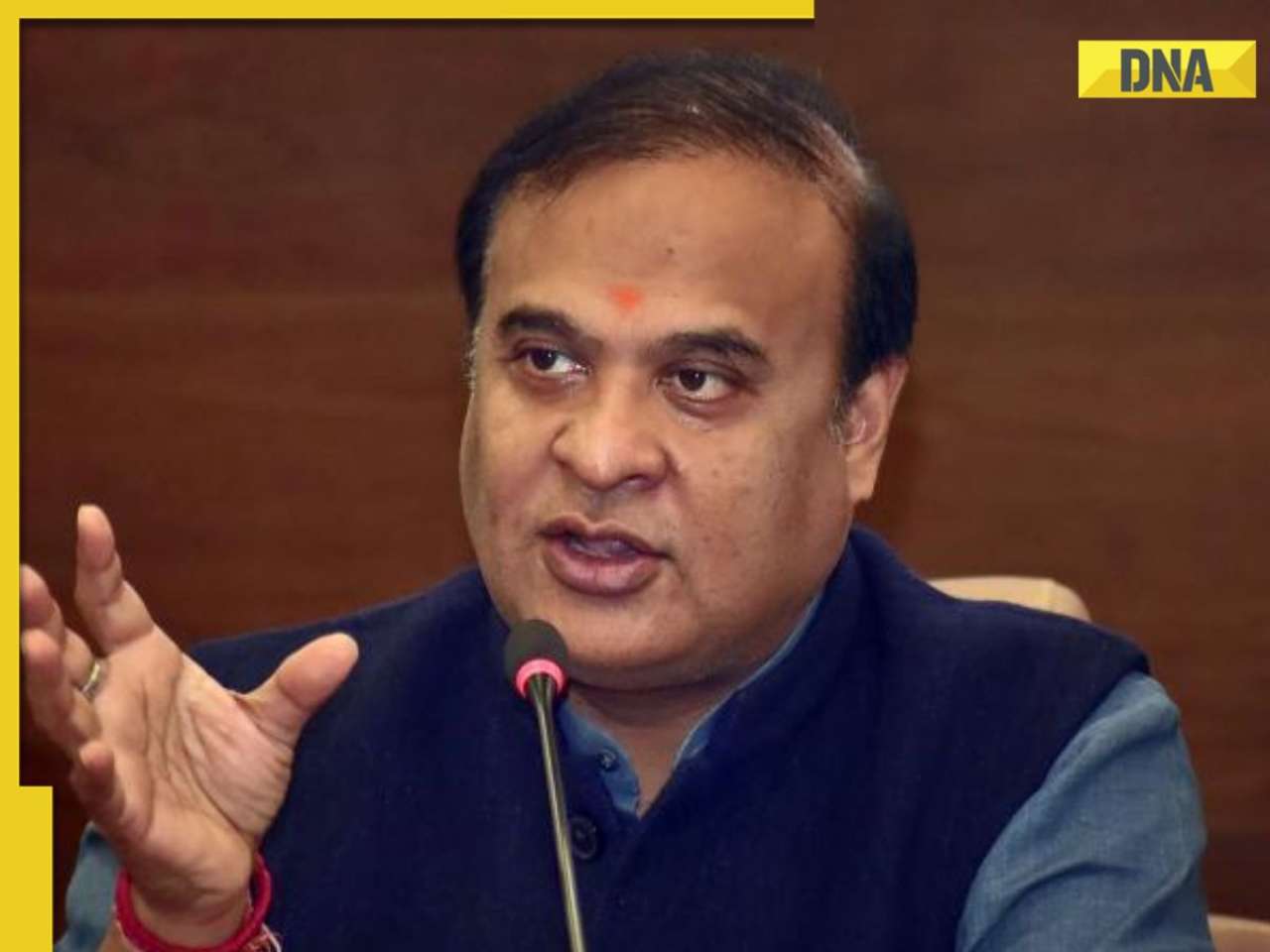




)
)
)
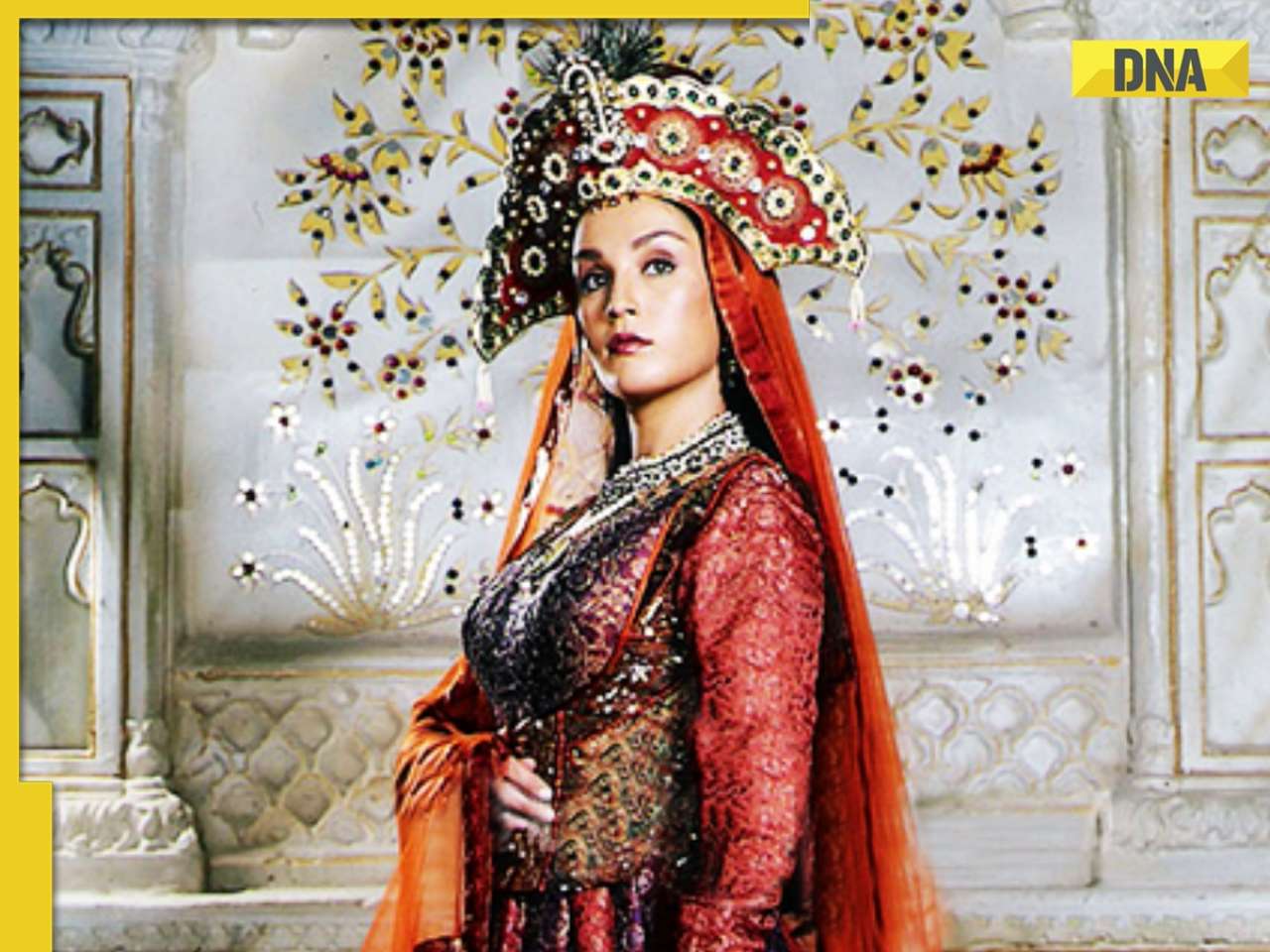)
)
)
)
)
)
)
)
)
)
)
)





)
)
)
)
)
)